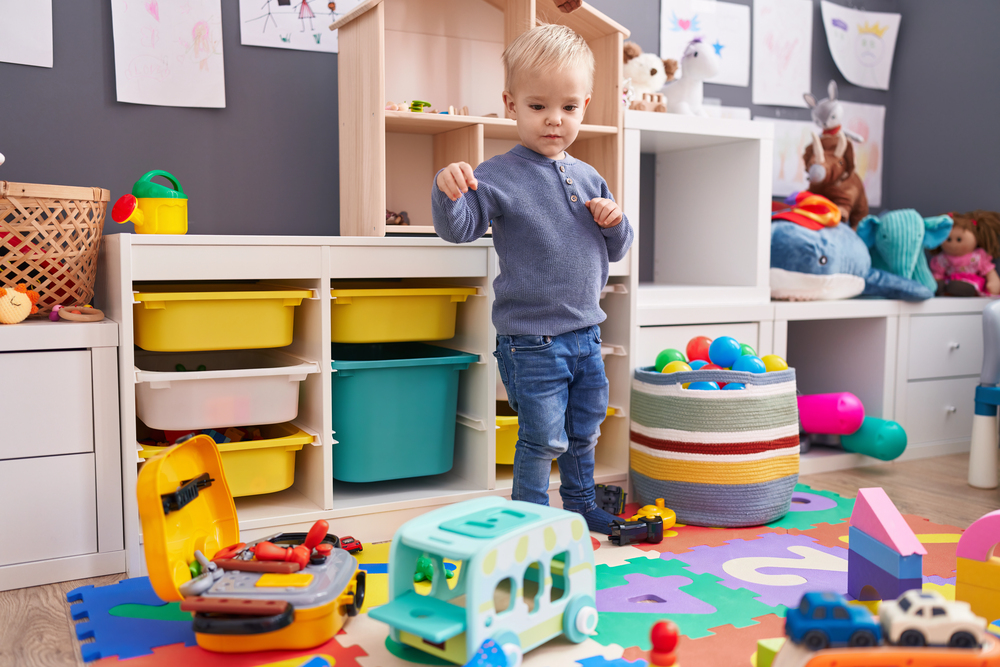Why Choose an Early Years Nursery?
Parents often ask why enrolling their child in an early years nursery is beneficial. An early years nursery provides a structured environment where young children can develop crucial skills and build a strong foundation for future learning. With guidance from experienced educators, children are encouraged to explore, discover, and engage with the world around them.
The Benefits of Early Childhood Education
Early childhood education focuses on cognitive, social, and emotional development. It offers children opportunities to play and learn in a supportive environment, fostering creativity and resilience. Research shows that children who attend an early years nursery often perform better academically and socially in later stages of education.
Key Takeaways
- Structured learning environments enhance early development.
- Inclusive settings promote social and emotional growth.

Components of a Quality Nursery Programme
A quality nursery programme should include a diverse curriculum. This encompasses both academic subjects and creative activities, encouraging a balanced development. Language and numeracy skills are introduced alongside music, art, and physical education, providing children with a comprehensive educational experience. Additionally, a early years nursery typically practices play-based learning methodologies to enhance engagement.
Understanding the Curriculum for Early Years
The curriculum for early years is designed to cater to the diverse needs of young learners. It includes foundational skills like phonics and mathematics, alongside cultural and social education. These elements work together to prepare children for the transition to formal schooling, ensuring they are well-rounded and confident learners.
Educational Insights
Structured learning and play are key elements of effective early years education, promoting lifelong curiosity and a love for learning.

The Impact on Child Development
Enrolling in a nursery can positively impact a child’s development. Children develop social skills by interacting with peers and educators, which builds confidence and communication abilities. The nurturing environment of a nursery also supports emotional maturity and independence. These factors contribute to a child’s readiness for school, equipped with the necessary skills to thrive in a more structured educational setting.
Creating a Supportive Atmosphere
An early years nursery should offer a supportive and nurturing atmosphere. This includes maintaining small class sizes and personalised attention, ensuring each child’s unique needs are met. Parents and educators work in partnership, driving the child’s growth and development through engaging activities and consistent feedback. Moreover, the inclusion of parents in the educational process strengthens the learning experience.
Real-Life Success Stories
Many children who attend an early years nursery transition smoothly into primary school, reflecting the positive impact of a well-rounded early educational experience. This success is often shared among families who value early years education for its role in preparing children for future academic and social challenges.

Engaging with Your Child’s Education
Parents are encouraged to actively participate in their child’s early education. This can include attending school events, volunteering, or simply engaging in their child’s learning process at home. Establishing a strong relationship with educators allows parents to better support their child’s growth and development outside of the nursery environment.
Actionable Steps
- Engage with school activities to enhance your child’s learning experience.
- Regularly communicate with educators to stay informed about your child’s progress.
By investing in a quality early years nursery programme, you unlock your child’s potential and lay the groundwork for a successful educational journey. Explore the options available and consider how these early experiences can shape your child’s future.
Image Credit: depositphotos.com































